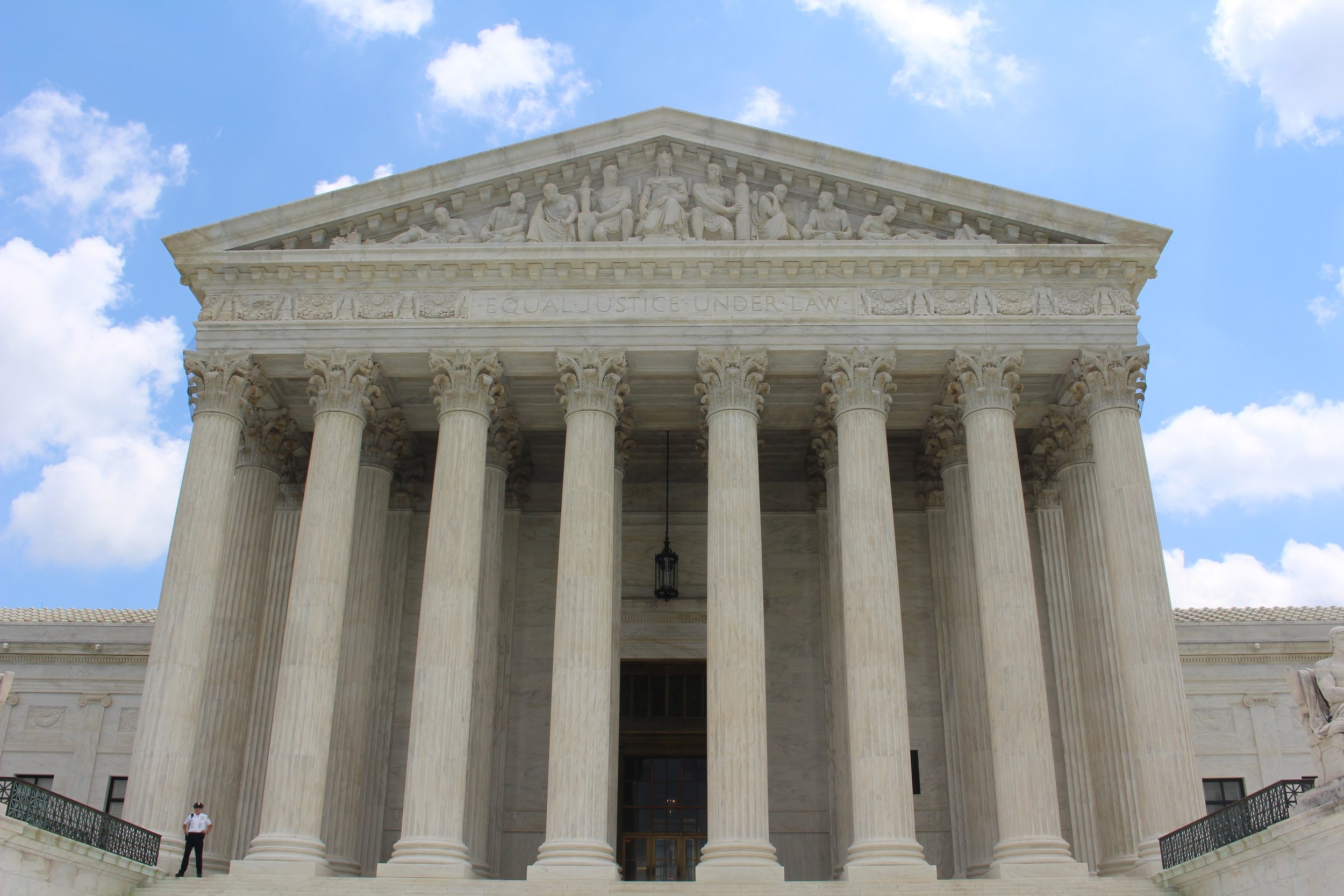Browsing Habeas Corpus with the Help of an Experienced Attorney
Browsing Habeas Corpus with the Help of an Experienced Attorney
Blog Article
Recognizing the Duty of a Post-Conviction Legal Representative in Looking For Justice After a Criminal Sentence
In the facility landscape of post-conviction legal process, the function of a post-conviction legal representative is pivotal in navigating the course to justice after a criminal conviction. Beyond the boundaries of a test, these legal specialists participate in a diverse method aimed at uncovering new proof, tough lawful mistakes, and advocating for their customers' legal rights. The intricacies of post-conviction job call for a mix of legal acumen, investigatory skills, and strategic believing to untangle the complexities of an instance and pursue avenues that may have been forgotten or underexplored. As the search of justice prolongs beyond the confines of first process, the role of a post-conviction legal representative becomes a beacon of wish for those seeking to correct oppressions and recover their rights within the legal system.
Post-Conviction Legal representative's Investigative Job
Post-conviction lawyers participate in precise investigative job to discover brand-new evidence, procedural mistakes, or transgression that can potentially result in overturning a sentence. This investigatory stage is important in the post-conviction process as it intends to determine any type of forgotten details or lawful missteps that may have influenced the result of the first test. Post-conviction attorneys explore case files, witness testimonies, and legal documentation with a fine-tooth comb, looking for any type of inconsistencies or abnormalities that can be premises for charm.
With thorough examination, post-conviction legal representatives aim to drop light on prospective oppressions that may have happened throughout the original test. By looking at every element of the lawful proceedings, post-conviction lawyers work relentlessly to discover any kind of factors that may have affected the judgment.
Crafting Appeals and Petitions
In the quest of justice after a sentence, proficient attorneys carefully craft charms and petitions to present engaging debates for the reconsideration of legal decisions. Crafting charms and petitions requires a deep understanding of the lawful system, interest to detail, and tactical thinking. Post-conviction attorneys examine test records, determine potential mistakes or offenses of civil liberties, and develop legal debates to challenge the conviction or sentence.
When crafting a charm, lawyers concentrate on highlighting legal mistakes that might have impacted the result of the instance. They research situation law, statutes, and legal precedents to sustain their debates. Petitions, on the other hand, might involve providing new evidence that was not offered during the test or demonstrating changes in the regulation that warrant an evaluation of the sentence.
Additionally, post-conviction attorneys must comply with rigorous procedural rules and target dates when filing appeals and applications. They must provide their debates clearly and persuasively to encourage the court to grant alleviation to their clients. With precise crafting of appeals and petitions, post-conviction legal representatives strive to protect justice for people who have been wrongfully convicted or unjustly sentenced.

Seeking Post-Conviction Relief
Seeking alleviation after a conviction calls for a calculated and diligent technique by experienced attorneys. Post-conviction relief encompasses a variety of legal devices made to test the validity of a conviction or sentence (arizona federal attorneys). These avenues include submitting activities for a brand-new test, seeking charms, looking for writs of habeas corpus, and offering newly found evidence. Post-conviction lawyers play a critical function in navigating these complicated treatments, guaranteeing that all legal choices are checked out to rectify oppressions that might have taken imp source place throughout the test or sentencing phase.
One usual form of post-conviction alleviation is filing an application for post-conviction relief, typically based on claims of inadequate aid of guidance, prosecutorial misbehavior, newly uncovered proof, or constitutional infractions. These requests require a complete evaluation of the trial document, legal study, and convincing advocacy to convince the court to provide alleviation. Experienced post-conviction legal representatives possess the skills and knowledge necessary to determine feasible lawful insurance claims, conduct examinations, and existing compelling disagreements to safeguard relief for their customers. By carefully pursuing post-conviction alleviation, these attorneys make every effort to deal with miscarriages of justice and support the principles of fairness and due process in the criminal justice system (Attorney).
Using Forensic Evidence
When challenging a conviction or sentence, the calculated application of forensic proof can be a powerful tool in post-conviction legal process. Forensic evidence includes a wide range of clinical techniques made use of to explore criminal offenses and develop realities in court. Post-conviction attorneys can leverage forensic proof to challenge the legitimacy of sentences by presenting new clinical findings that were not readily available during the initial test.

Engaging in Sentence Modifications
Post-conviction attorneys may explore the opportunity of sentence modifications as a lawful avenue to resolve out of proportion or unjust sentences bied far in criminal instances. Sentence modifications entail seeking changes to the terms of a defendant's sentence after a conviction has actually occurred. These adjustments can include decreasing the length of a sentence, modifying the kind of punishment enforced, or exploring alternative sentencing choices.
Post-conviction lawyers can pursue sentence alterations with different legal systems, such as filing movements for sentence decrease, appealing for compassionate release, or negotiating plea offers for decreased sentences. They need to carefully assess the conditions of the case, evaluate the lawful grounds for seeking a modification, and present compelling debates to the court supporting the requirement for a revised sentence.
Participating in sentence adjustments requires a detailed understanding of criminal regulation, punishing guidelines, and the details treatments included in looking for post-conviction alleviation. Post-conviction lawyers play a critical duty in supporting for fair and simply outcomes by tough sentences that are unduly severe or do not align with the concepts of justice.
Final Thought
In verdict, the function of a post-conviction legal representative is essential in looking for justice after a criminal sentence. Via investigatory job, crafting appeals and petitions, pursuing post-conviction alleviation, making use of forensic evidence, and participating in sentence adjustments, these lawyers play an important role in advocating for their clients and ensuring that their civil liberties are promoted within the criminal justice system. Their dedication and know-how are important in browsing the complexities of post-conviction proceedings and achieving a fair outcome for individuals facing criminal sentences.
Report this page